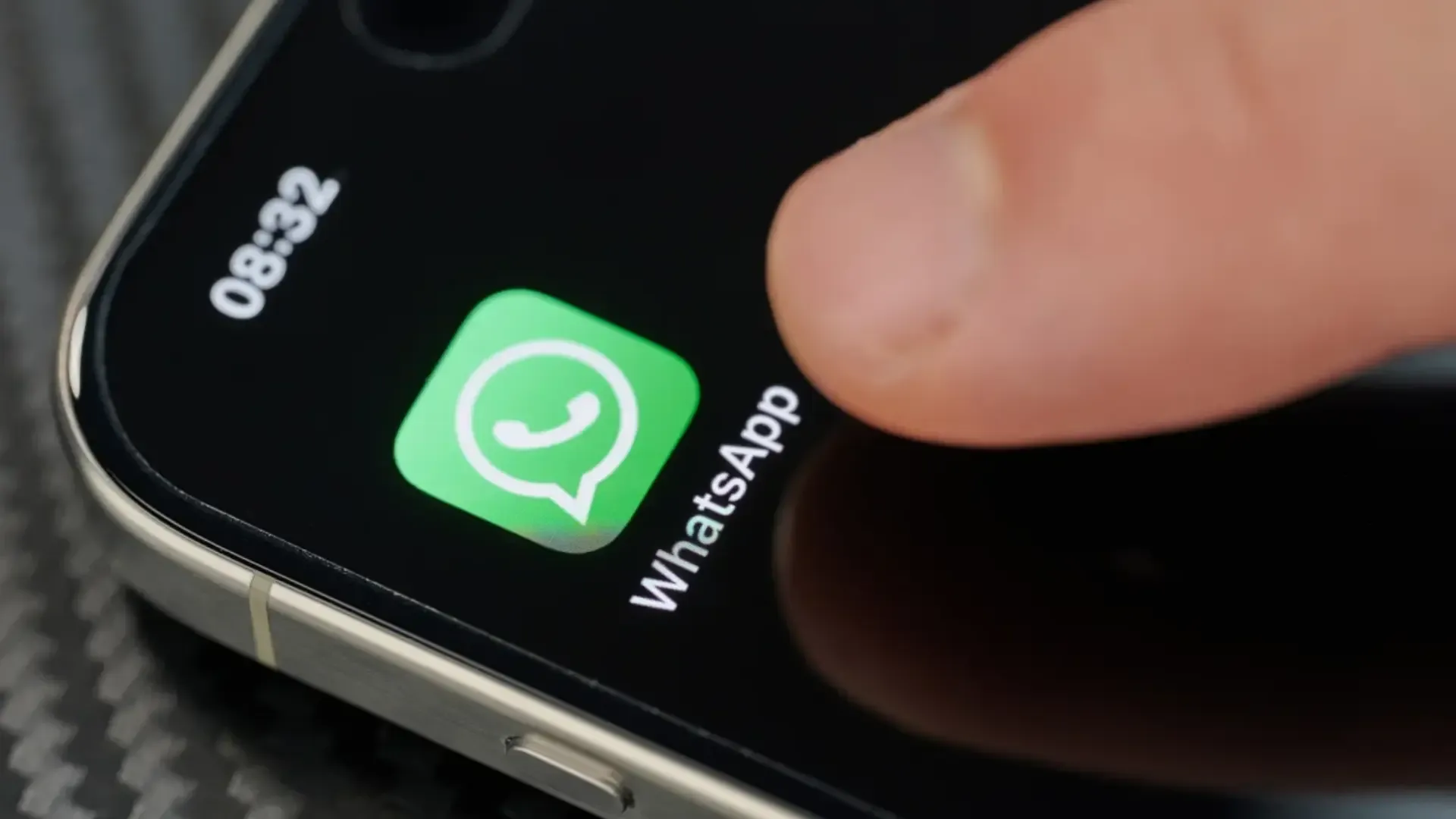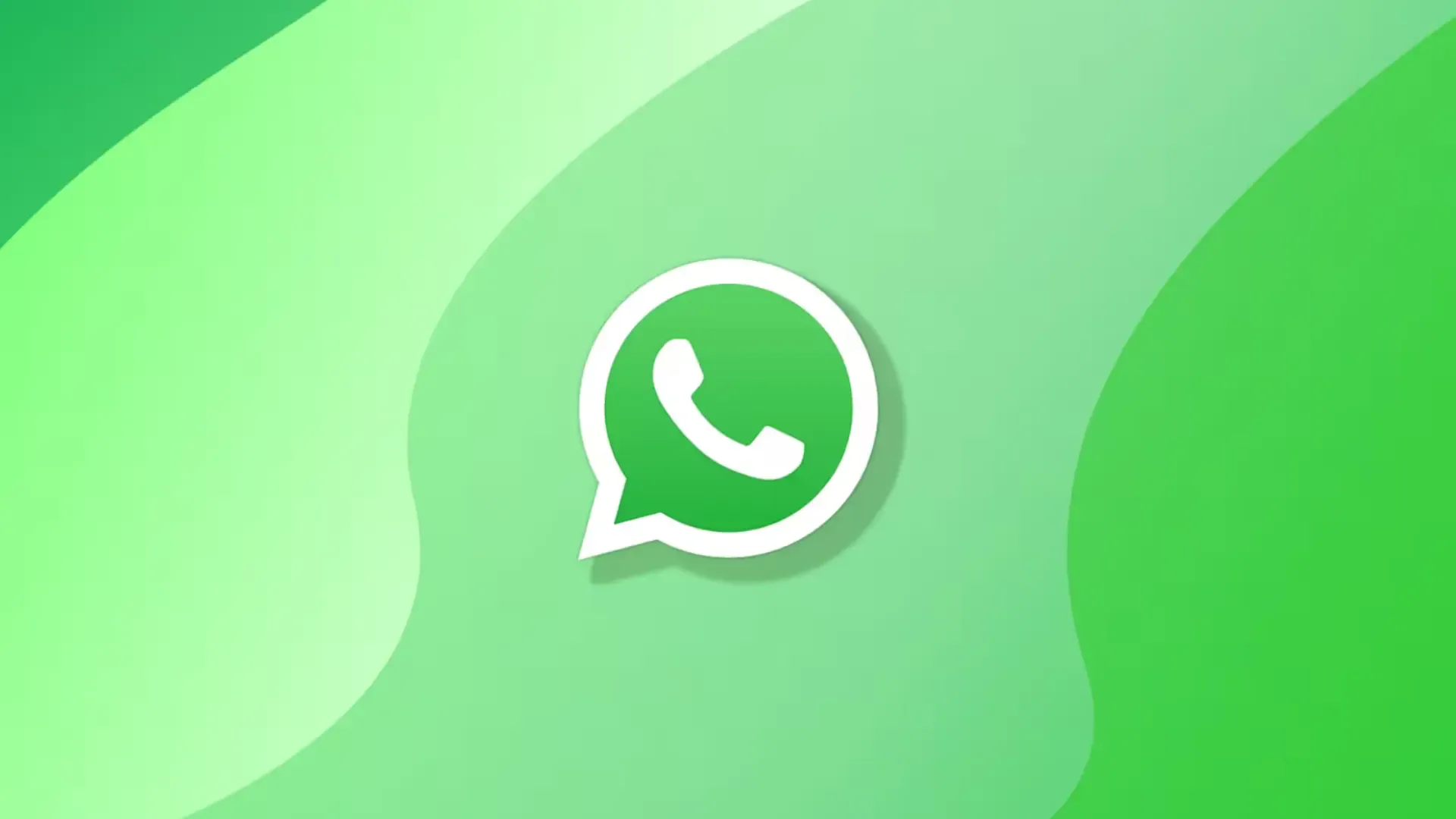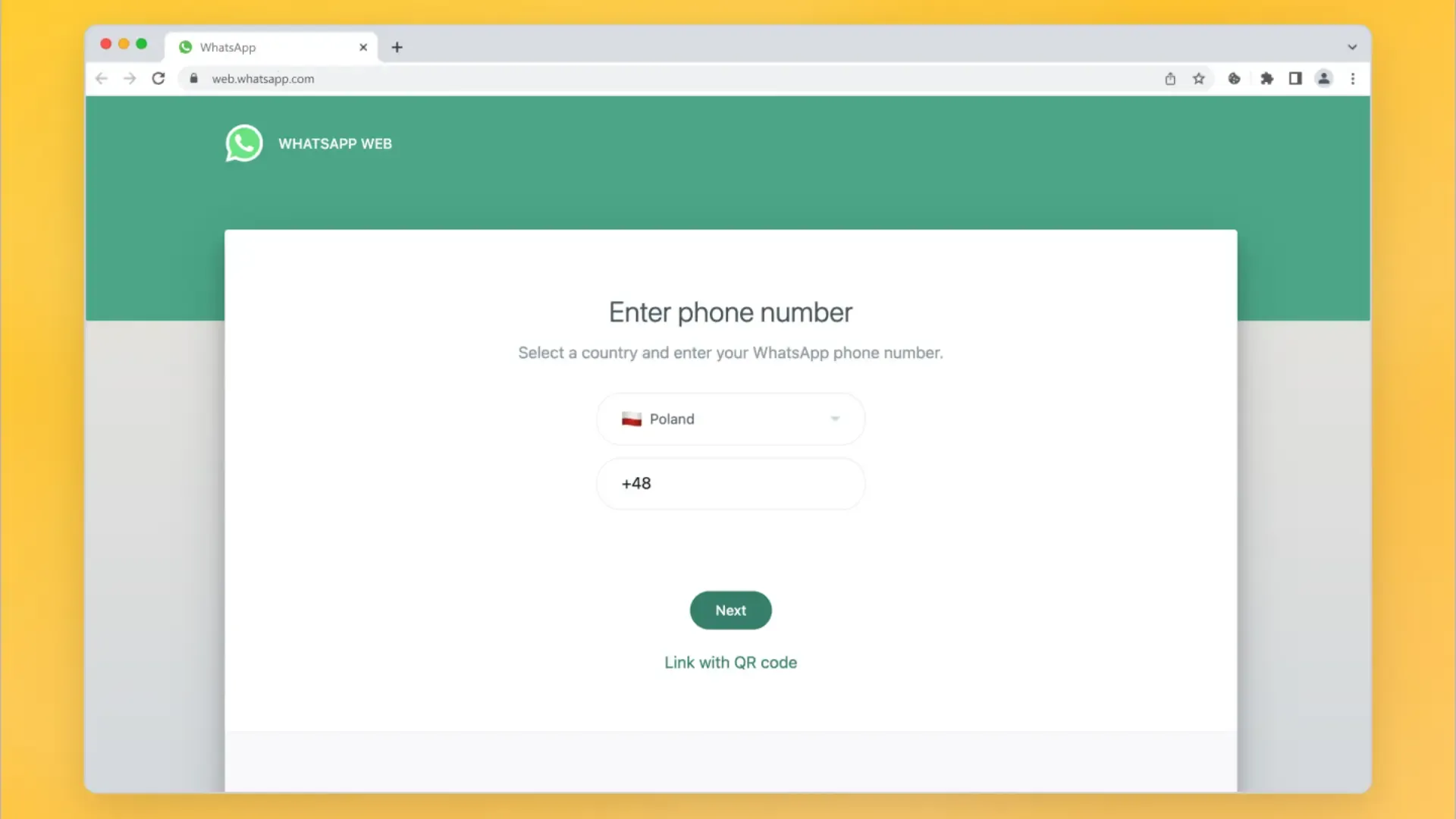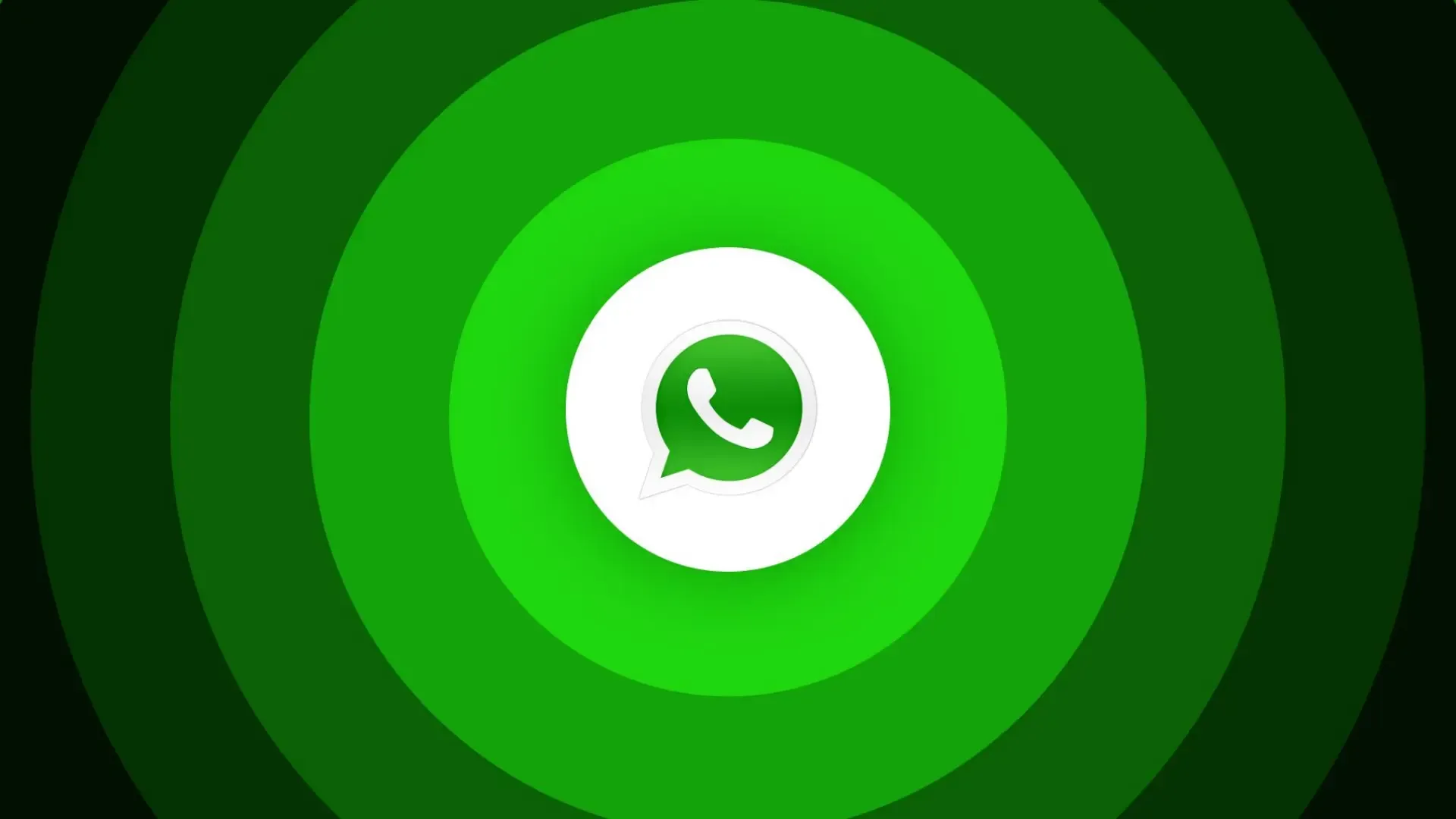
WhatsApp: Outages, Restrictions & Privacy
Author Background: I’m a seasoned technology journalist with a focus on messaging apps, global internet policy, and data privacy. Over the years I’ve covered WhatsApp developments from feature updates to government-regulated restrictions worldwide.
WhatsApp remains one of the world’s most ubiquitous messaging platforms—but in 2025, it’s facing challenges beyond simple feature upgrades. From global web outages to mounting geopolitical pressure, most notably from Russia, WhatsApp now stands at the crossroads of encrypted communications, national sovereignty, and user trust. This deep dive unpacks recent disruptions, places them in global context, and explores what’s next for WhatsApp in a more connected—and conflicted—world.

1. WhatsApp Web: Unexpected Outages Raise Reliability Concerns
In the past year, WhatsApp Web has faced unexpected disruptions across several countries, with users reporting inability to connect, sync messages, or load conversations. Platforms like Downdetector captured increased reports earlier in the year, and user feedback described widespread frustrations with broken links between mobile and web.
Official system status tools confirm intermittent availability issues. For example, “Is web.whatsapp.com down?” pages show sporadic brief outages over recent hours, signaling that unexpected factors—perhaps load-balancing or regional infrastructural hitches—can temporarily affect global service.
These interruptions may erode user confidence, especially among professionals relying on WhatsApp Web for remote work. Meta must prioritize transparent incident communication and infrastructure resilience moving forward.

2. Russia’s Escalating Restrictions: A Battle Over Digital Sovereignty
Recent weeks have seen Russia impose partial restrictions on WhatsApp and Telegram, specifically limiting voice call functionality while text chat remains intact. Roskomnadzor frames this as a security measure—blaming failures by the platforms to cooperate in fraud and terrorism investigations.
WhatsApp responded publicly, asserting its commitment to end-to-end encryption and privacy—even as Moscow pushes to reduce reliance on foreign apps. The company criticized the attempts to block its service as a violation of citizens' rights to secure communication.
This crackdown is part of a broader shift in Russian digital policy. President Putin has championed a domestically developed messaging ecosystem, launching "Max"—a government-integrated messaging super-app that could eventually replace WhatsApp entirely. The app is already slated for preinstallation on new devices after a specific rollout date.

Meanwhile, State Duma officials have urged WhatsApp to prepare for a complete exit from the Russian market, citing it as a national security risk. Meta has been labeled extremist, with Facebook and Instagram already banned. Even Telegram's future hinges on compliance by opening a domestic legal entity.
Sources close to the Kremlin suggest a 99% likelihood of ultimate ban, though short-term social unrest makes the move politically sensitive. Regardless, WhatsApp now stands at a geopolitical inflection point—with user access and privacy protection hanging in the balance.
A Reuters-compiled summary lists global access realities: Countries like China and North Korea already fully block WhatsApp, while others (UAE, Egypt, Jordan) restrict voice services. These developments highlight how WhatsApp must navigate diverse regulatory environments.

3. Global Outages and Their Ripple Effects
Beyond regional restrictions, broader service reliability remains a global concern. In April 2025, a significant WhatsApp outage affected users in India and internationally—blocking message sending, status updates, and call features. Downdetector recorded sharp spikes in complaints, though Meta issued no immediate explanation.
Recurring outages like these spotlight Meta's challenges in scaling infrastructure for billions of users. They also raise real-time concerns in areas where WhatsApp is deeply embedded in daily life and commerce. Prepared alternatives and clear messaging are critical to preserving user trust.

4. WhatsApp’s Evolution: Features, Privacy, and Trust
WhatsApp continues evolving with privacy-forward features. Since late 2024 and into 2025, key updates have included:
- Meta AI integration—enabling intelligent overlays like AI-assisted replies and image-based prompts;
- Expanded multi-device support and companion apps;
- Voice message transcription, visual effects in video calls, and smart filtering;
- Reverse image search to verify photo authenticity;
- End-to-end encryption for chat backups and enhanced control over data sharing.
These features reflect WhatsApp’s continued balance between user convenience and data protection. However, as governments seek more oversight, the core value of private messaging remains under pressure.

5. Looking Ahead: Can WhatsApp Stay Free and Secure?
WhatsApp’s future hinges on three fronts:
- Infrastructure Reliability—ensuring consistent performance during outages and maintaining seamless Web+App linkage;
- Regulatory Resilience—navigating pressuring environments like Russia while safeguarding encryption and messaging freedom;
- Innovative Evolution—continuing Meta AI rollout while reinforcing privacy and trust.
If WhatsApp falters in any of these areas, enduring user reliance may shift—toward decentralized alternatives or state-sanctioned platforms, depending on regional constraints.

As both a tech journalist and user advocate, I’ll continue tracking WhatsApp’s shifting landscape—from outages to international restrictions. Feel free to reach out if you’d like deeper coverage on AI privacy, global messaging alternatives, or app resilience strategies.





